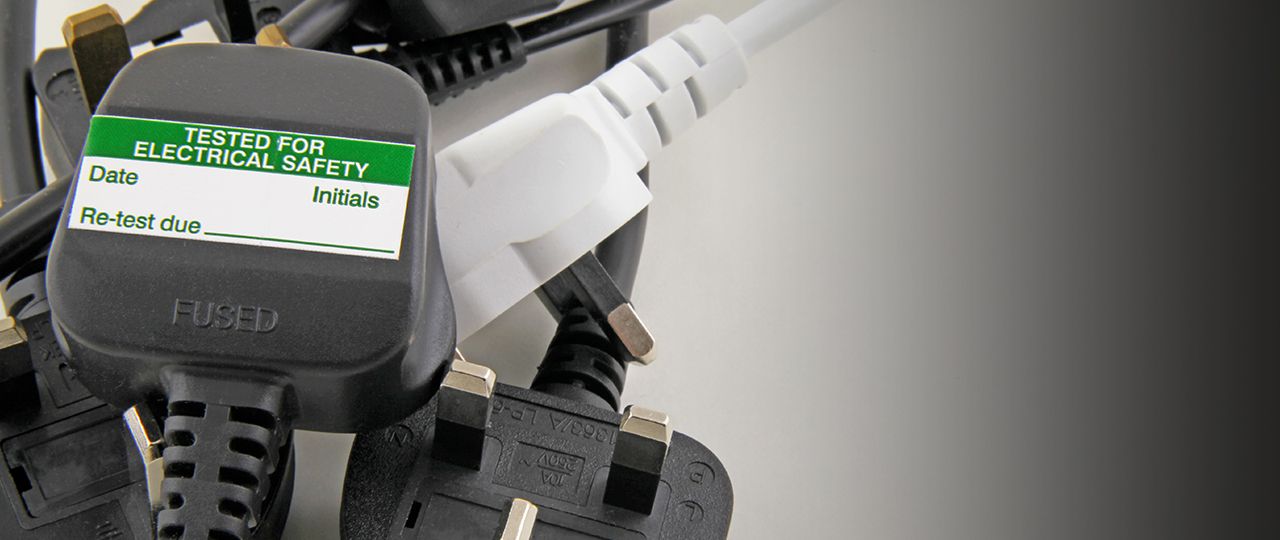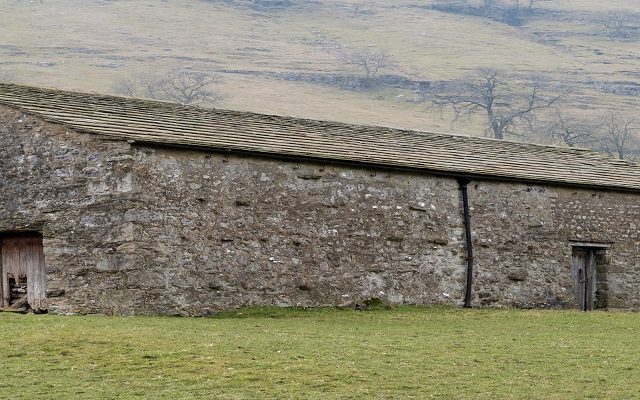Tough new rules for electrical inspections in private rented homes
There has been a flurry of new regulations affecting private residential landlords over the past couple of years, as part of the government’s ongoing drive to raise standards for tenants.
The latest of these is the proposed introduction of five-yearly mandatory checks for electrical installations by suitably qualified inspectors.
The new rules will apply to privately rented accommodation in England.
The Ministry for Housing, Communities and Local Government announced last year that it intended to introduce legislation to make five-yearly electrical inspections compulsory, but has now clarified that these checks will need to be carried out by people with the necessary competence and qualifications to do so.
The exact details of what this means are yet to be pinned down, but ministers have promised further guidance is on its way, which will set out the minimum level of competence and qualifications necessary for inspectors.
The timing of the introduction of the new regulations is also not yet established, with the government committing only to introducing the new legislation “as soon as Parliamentary time allows”.
However, it is confirmed that the rules will be phased in:
- In year one, they will apply to all new private tenancies
- In year two, they will apply to all existing tenancies
The penalties for non-compliance will have to be agreed, although the original consultation suggests fines of up to £30,000.
Implications for landlords
There is wide agreement on the need for regular electrical safety checks as installations do deteriorate with age and use.
Strutt & Parker has for some years advised clients to follow current NICEIC/ELECSA guidance, which is to get a full electrical inspection and test at least every five years, or at change of occupancy, by a qualified electrician, and to ensure any necessary remedial works are instructed. Landlords are subsequently issued with an Electrical Installation Condition Report (EICR), which is like an MOT of the electrics in a property.
It is understood that properties that already have a valid EICR will not need to replace it until five years have passed since it was issued.
However, landlords who have not traditionally carried out this level of safety testing will need to ensure they build the extra checks into their existing programme of compliance activities.
To avoid the risk of being encouraged to carry out unnecessary work, it may be prudent for landlords to appoint one contractor to make the inspection, making it clear that another contractor will be appointed to carry out any remedial works.






